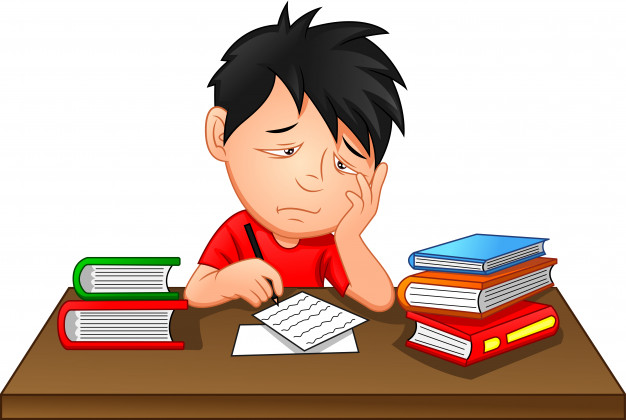

Sleep problems can also make children less attentive, which hurts their ability to learn and may result in a diagnosis of attention deficit disorder. Luckily, reverting to a normal sleep pattern can help alleviate depressive symptoms, he says, underscoring why treating sleep seriously could improve mental health. One pattern called “Delayed Sleep Phase Syndrome” (where someone is off a typical sleep schedule by two hours or more) has been tied to atypical depression, which doesn’t respond well to anti-depressants, says Pelayo. “They all have it.”įor example, it’s well known that one of the signs of depression involves changes in sleep.

“There is pretty much no mental health disorder that doesn’t have a sleep component to it,” says Pelayo. It’s probably not surprising, then, that sleep also affects mental health. In teens, sleep is a time when certain neural connections are pruned back in favor of others so that energy is preserved for what matters most in adolescence. Babies, who sleep a lot, use that time to lay down new synapses, creating the right supports for them to learn quickly. From the GGSC to your bookshelf: 30 science-backed tools for well-being.įrom birth, sleep affects children’s bodies and brains, he adds.


 0 kommentar(er)
0 kommentar(er)
